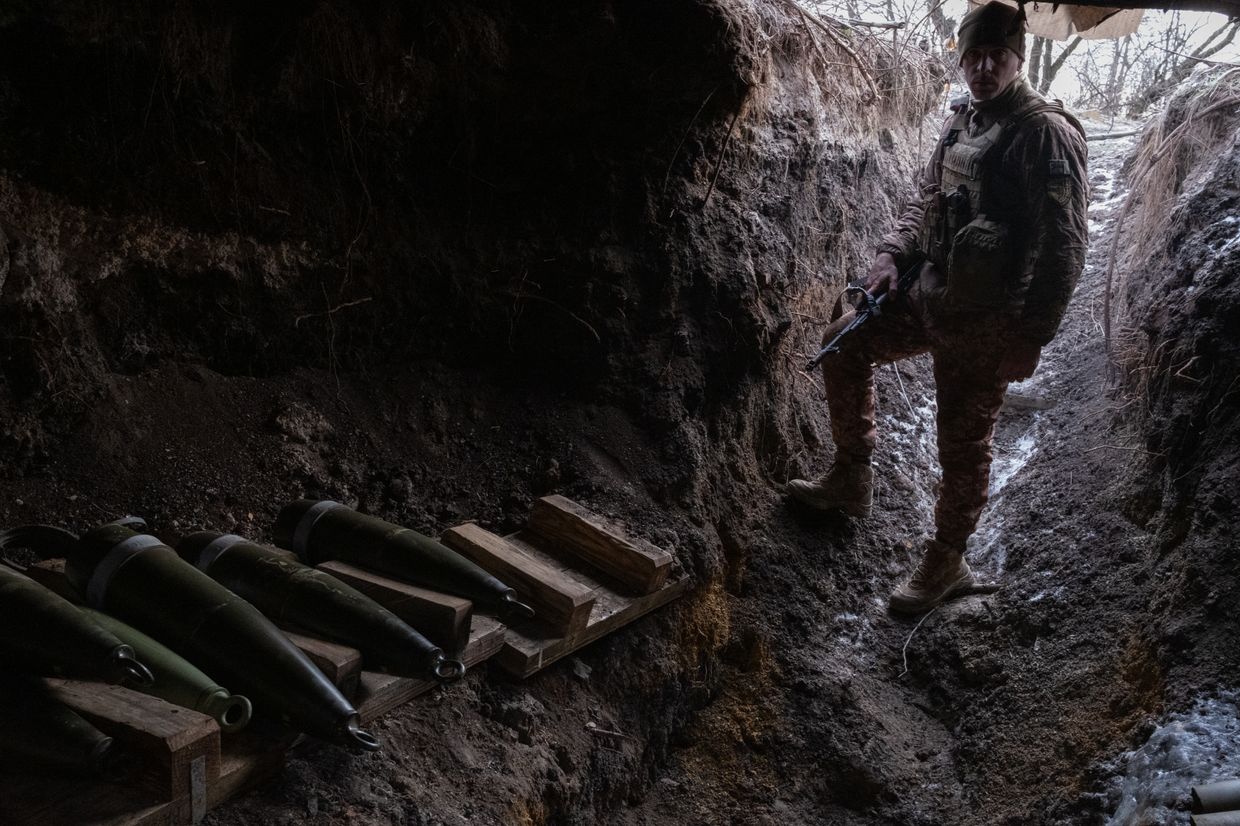ISW: Delays in Western aid will postpone Ukrainian efforts to regain initiative

As Ukraine prepares counteroffensive actions in 2024, continued delays in Western security assistance could postpone the efforts to regain a theater-wide initiative against Russia, the Institute for the Study of War (ISW) assessed in their daily report on March 6.
Ukraine's Ground Forces Commander Oleksandr Pavliuk recently announced that the main goal of the Ukrainian forces in 2024 is to stabilize the front line and launch conduct conteroffensive actions.
The Armed Forces withdrew in February from several settlements in Donetsk Oblast, including Avdiivka, a key front-line city, due to severe ammunition shortages exacerbated by delays in U.S. aid.
Heavy battles also continue in Kherson, Kharkiv, and Zaporizhizhia Oblasts as Russian troops try to advance further, using not only military equipment but also conducting "human wave" assaults.
Pavliuk said that the current situation on the front line is "difficult but controlled."
Russia is reportedly trying to occupy as many territories as possible before the Russian presidential elections, which is why all their forces are involved in the assault operations.
"Our goal is to stabilize the front line, to destroy the enemy as much as possible, regroup as much as possible to move the units to landfills to create an offensive grouping, and to conduct counteroffensive actions this year," Pavliuk said this week.
ISW assessed that a Ukrainian effort to contest Russia's advances in 2024 is "operationally sound" but that continued delays in Western security assistance will likely postpone efforts to regain a theater-wide initiative.
Materiel shortages are forcing Ukraine to ration ammunition and supplies.
President Zelensky recently said that Ukraine will conduct counteroffensive operations this year, but its primary objective remains the defense of Ukrainian territory.
Going into 2024, Ukraine "will have to make difficult decisions about how to allocate resources between future operationally significant counteroffensive operations and ongoing Ukrainian defensive operations."
U.S. aid to Ukraine has been delayed since autumn 2023, as various versions of a foreign aid bill have been derailed due to border security disagreements. Most recently, a $95 billion aid package to Ukraine, Israel, and Taiwan passed in the Senate with bipartisan support, but House Speaker Mike Johnson has refused to bring it to a vote in the House of Representatives.
Commander-in-Chief Oleksandr Syrskyi said earlier in February that Ukrainian troops have switched from offensive to defensive posture and aim to exhaust advancing Russian forces.
Changes in Ukraine's tactics were compelled by the lack of weaponry sent by Western allies.














